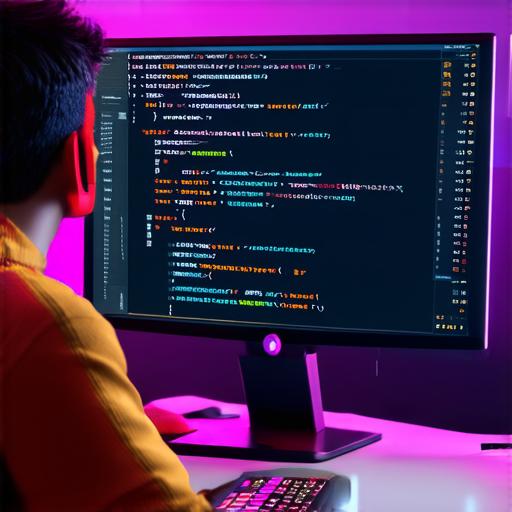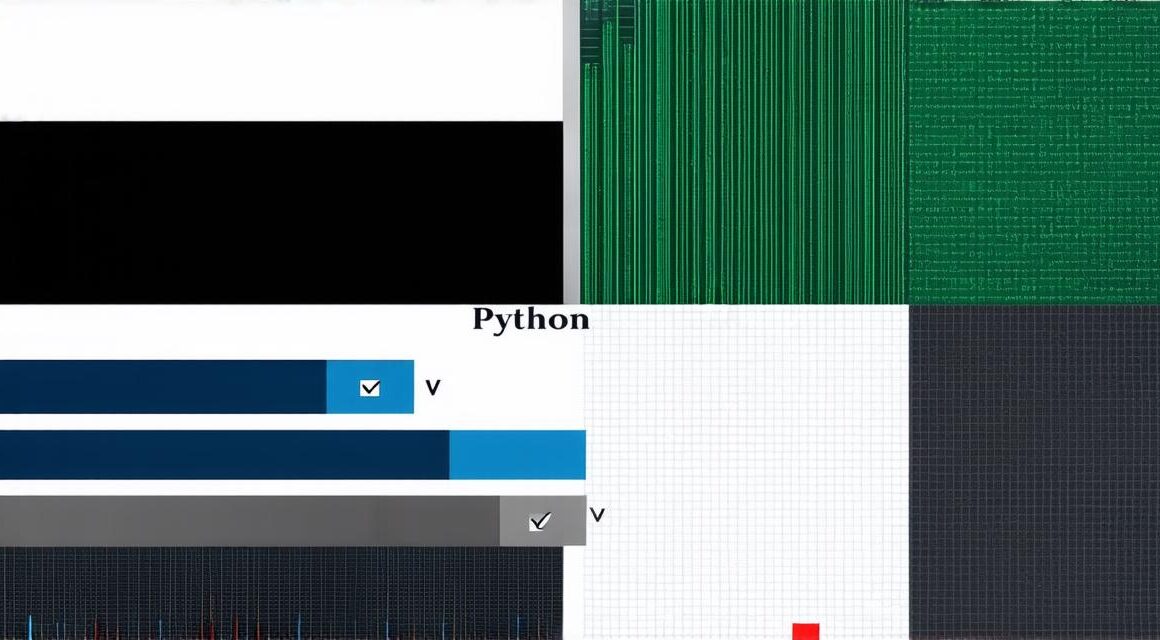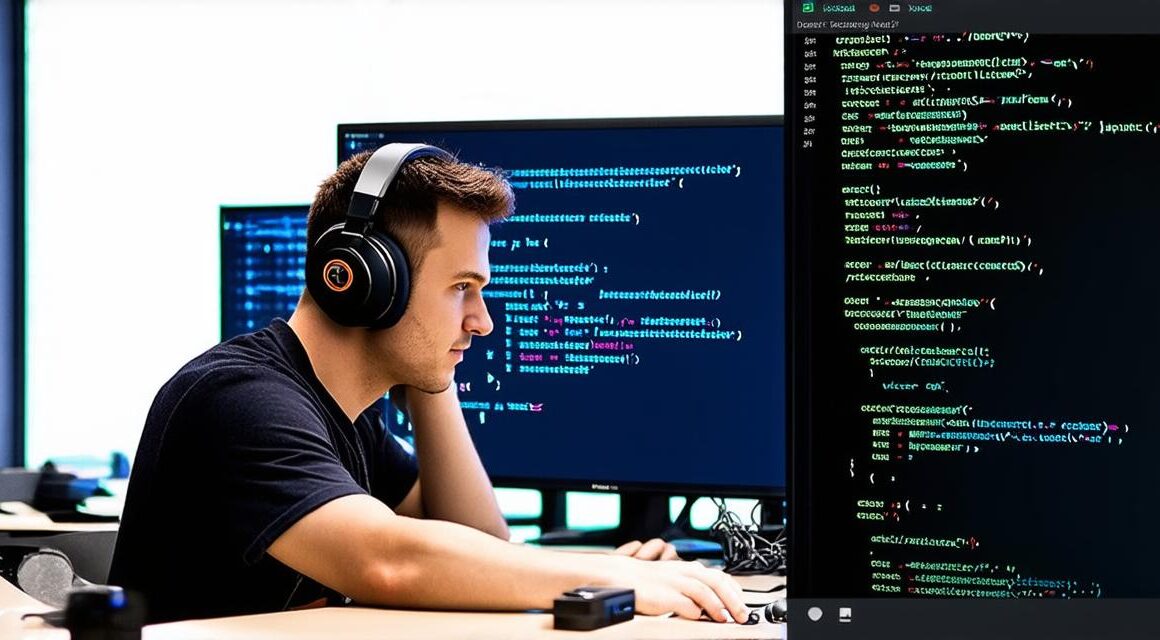If you’re a beginner interested in game development, one of the most popular and widely used tools is Unity. This cross-platform engine allows developers to create games for multiple platforms with ease. However, to get started with Unity, you need to learn its programming language.
Syntax
Unity uses C as its primary programming language. C is a high-level, object-oriented language that is easy to read and write. It has a clean syntax and supports various features such as comments, variables, constants, loops, conditional statements, and functions.
Data Types
Unity supports various data types in C, including integers, floating-point numbers, characters, booleans, and strings. These data types are used to store and manipulate data in your games.
For example, you can use integers to store player scores, floats to store positions and velocities of game objects, characters for text input and output, booleans for controlling game logic, and strings for storing player names and other information.
Common Features
Unity’s programming language provides several common features that make it easy to create interactive games. These include:
- Variables: Variables are used to store data values in your program. You can declare variables of different data types, such as integers and floats, using the “var” keyword followed by the variable name and data type.
- Functions: Functions are used to perform specific tasks in your game. They can be called from other parts of the code and can return values. Unity’s programming language supports both static and instance functions.
- Loops: Loops are used to repeat a set of statements multiple times. There are two types of loops in C – for and while loops. For loops are used when you need to loop through a specific range of values, while while loops are used when you need to loop until a certain condition is met.
- Conditional Statements: Conditional statements are used to control the flow of your program based on certain conditions. There are two types of conditional statements in C – if-else and switch statements. If-else statements are used when you need to execute different code blocks based on a specific condition, while switch statements are used when you need to execute different code blocks based on multiple values.
- Classes and Objects: Unity’s programming language supports object-oriented programming (OOP) concepts such as classes and objects. Classes are used to define the properties and behaviors of game objects, while objects are instances of classes that can be used in your game.
Summary
In conclusion, Unity’s programming language is a powerful tool for creating interactive games. It provides a clean syntax, various data types, and common features that make it easy to create complex game logic. If you’re interested in game development, learning Unity’s programming language is a great place to start.




